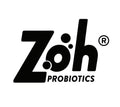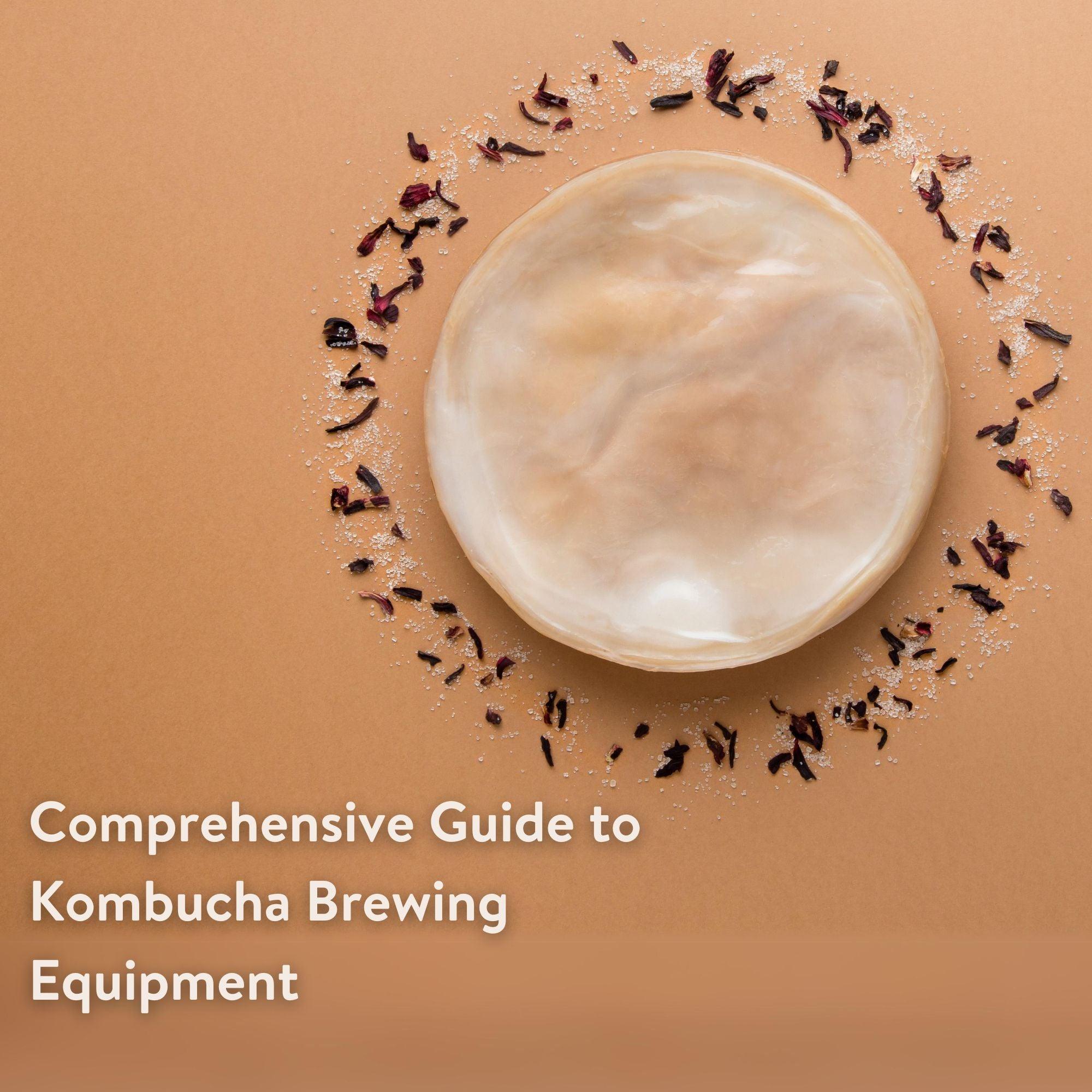Welcome back to our series on milk kefir's probiotic community. Today, we are spotlighting the Lactococcus species - integral players in the fermentation process that turn milk into healthful kefir. These bacteria not only facilitate kefir production but also bestow upon it numerous health benefits. So, let's unveil the role and significance of Lactococcus species in the realm of milk kefir.
Table Summary
| Microorganism | Key Health Benefits |
|---|---|
| Lactococcus lactis subsp. lactis | Enhances immunity, Antimicrobial |
| Lactococcus lactis subsp. lactis biovar diacetylactis | Antimicrobial, Potential benefits for lactose intolerant individuals |
| Lactococcus lactis subsp. cremoris | Assumed potential probiotic properties, more research is needed |
Lactococcus lactis subsp. lactis
Lactococcus lactis subsp. lactis has gained a reputation in the dairy industry due to its application in cheese and butter production. Its presence in milk kefir grains has been appreciated for its potential health benefits.
-
Enhances Immunity: Lactococcus lactis subsp. lactis is reputed to strengthen our immunity. Several studies have reported that this probiotic bacterium can stimulate the immune response, preparing the body to ward off infections3.(1).
-
Antimicrobial Properties: This bacterium exhibits antimicrobial properties due to its ability to produce nisin, a bacteriocin that inhibits the growth of certain pathogenic bacteria3.(2).
Lactococcus lactis subsp. lactis biovar diacetylactis
A subspecies of Lactococcus lactis, biovar diacetylactis brings a distinct set of benefits, making it a valuable component of milk kefir grains.
-
Antimicrobial Properties: Similar to Lactococcus lactis subsp. lactis, this bacterium can produce nisin, contributing to its antimicrobial properties3.(2).
-
Potential Benefits for Lactose Intolerant Individuals: As a lactic acid bacterium, Lactococcus lactis subsp. lactis biovar diacetylactis contributes to the fermentation process in kefir production, potentially aiding those with lactose intolerance3.(3).
Lactococcus lactis subsp. cremoris
Less research has been conducted on Lactococcus lactis subsp. cremoris compared to the other members of this group. Its exact role in milk kefir grains and potential health benefits remain to be fully established.
- Assumed Potential Probiotic Properties: Based on its close relation to the other members of Lactococcus lactis, it is thought that Lactococcus lactis subsp. cremoris may share similar probiotic properties, although more research is needed3.(4).
The Lactococcus species enrich milk kefir grains with their health-enhancing properties, potentially contributing to immune enhancement and antimicrobial activity. By incorporating milk kefir into your diet, you can leverage these probiotic benefits to maintain a healthy gut.
We've now uncovered the many wonders of the Lactococcus species and their contributions to kefir's probiotic goodness. But remember, the world of milk kefir's microbiota is vast and intriguing. Next in our series, we'll explore another fascinating group, the Enterococcus species. Stay tuned to unearth more about the wonderful world of probiotics in milk kefir!
References
3.(1) Luerce, T. D., Gomes-Santos, A. C., Rocha, C. S., Moreira, T. G., Cruz, D. N., Lemos, L., ... & Azevedo, V. (2014). Anti-inflammatory effects of Lactococcus lactis NCDO 2118 during the remission period of chemically induced colitis. Gut pathogens, 6(1), 1-10.
3.(2) Mokoena, M. P. (2017). Lactic acid bacteria and their bacteriocins: classification, biosynthesis and applications against uropathogens: a mini-review. Molecules, 22(8), 1255.
3.(3) Azcarate-Peril, M. A., Ritter, A. J., Savaiano, D., Monteagudo-Mera, A., Anderson, C., Magness, S. T., & Klaenhammer, T. R. (2017). Impact of short-chain galactooligosaccharides on the gut microbiome of lactose-intolerant individuals. Proceedings of the National Academy of Sciences, 114(3), E367-E375.
3.(4) Cavanagh, D., Fitzgerald, G. F., & McAuliffe, O. (2015). From field to fermentation: the origins of Lactococcus lactis and its domestication to the dairy environment. Food microbiology, 47, 45-61.



